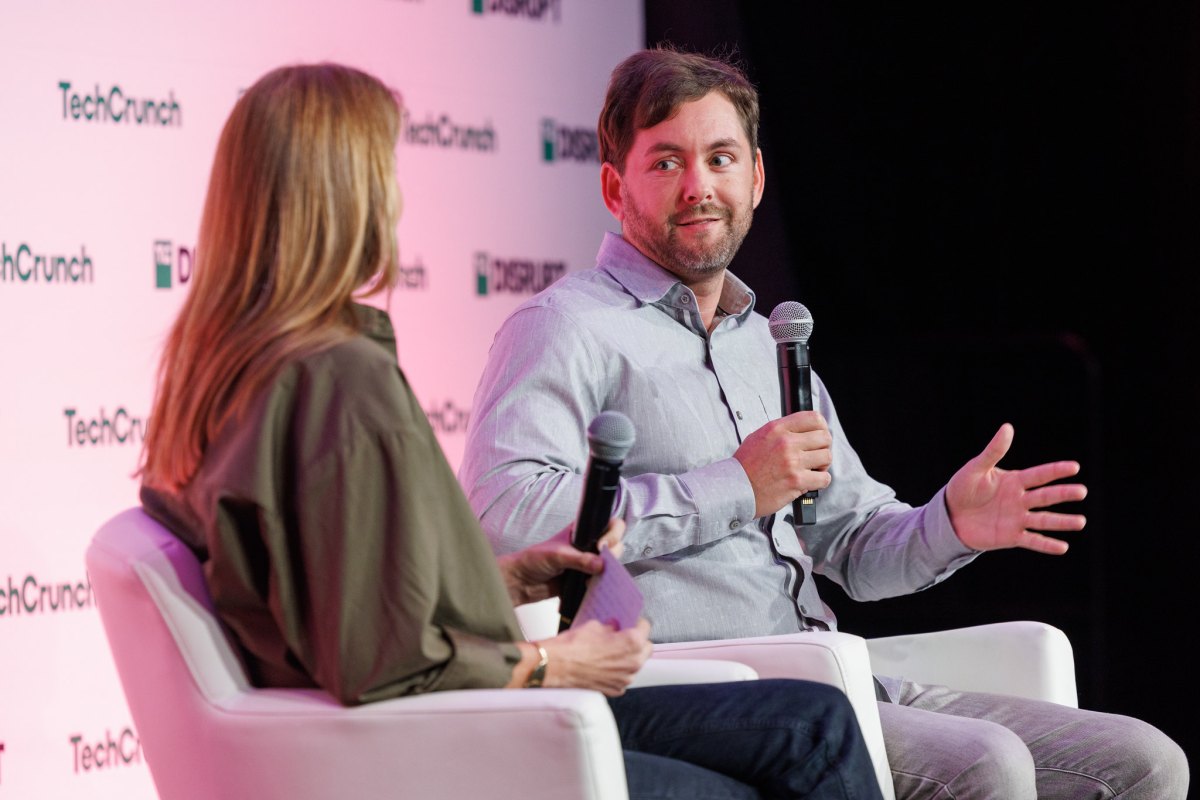Zoox co-founder and CTO Jesse Levinson doesn’t believe Tesla will launch a robotaxi ride-hailing service in California (or anywhere else) next year despite what Elon Musk recently claimed.
The “fundamental issue is they don’t have technology that works,” Levinson said Wednesday at TechCrunch Disrupt 2024. “And by works, I want to differentiate between a driver assistance system that drives most of the time — except when it doesn’t, and then you have to take over — versus a system that’s so reliable and robust that you don’t need a person in it.”
Levinson went further and specifically pointed to Tesla’s decision to rely solely on cameras to support its driver assistance system. “Our perspective is you really do need significantly more hardware than Tesla is putting in their vehicles to build a robotaxi that is not just as safe, but as especially safer than a human,” he said.
Levinson’s comments come just a few weeks after Musk revealed the prototype of Tesla’s so-called “Cybercab” robotaxi. Musk also announced at the Cybercab event that Tesla wants to start allowing Model 3 sedans and Model Y SUVs to operate as robotaxis in California and Texas by the end of 2025.
Levinson said he uses Tesla’s Full Self-Driving (Supervised) software “every couple of weeks.” And while he called it “impressive,” he also said he finds it “a bit stressful.”
“Usually it does the right thing, and then it sort of lulls you into this false sense of complacency, and then it does the wrong thing,” he said. ‘You’re like, Oh, my God!’”
Levinson went on to say he believes FSD is “about 100 times less safe than a human if you look at all the metrics that are publicly available.” (Tesla releases quarterly safety reports that claim its driver-assistance gets into fewer crashes than cars without it — though these self-reported statistics have been criticized as being selective.)
The comments about Tesla came as Levinson announced Zoox is launching its custom-built robotaxi in San Francisco and Las Vegas markets in the coming weeks. The company plans to make them available to an early-rider program in 2025.

